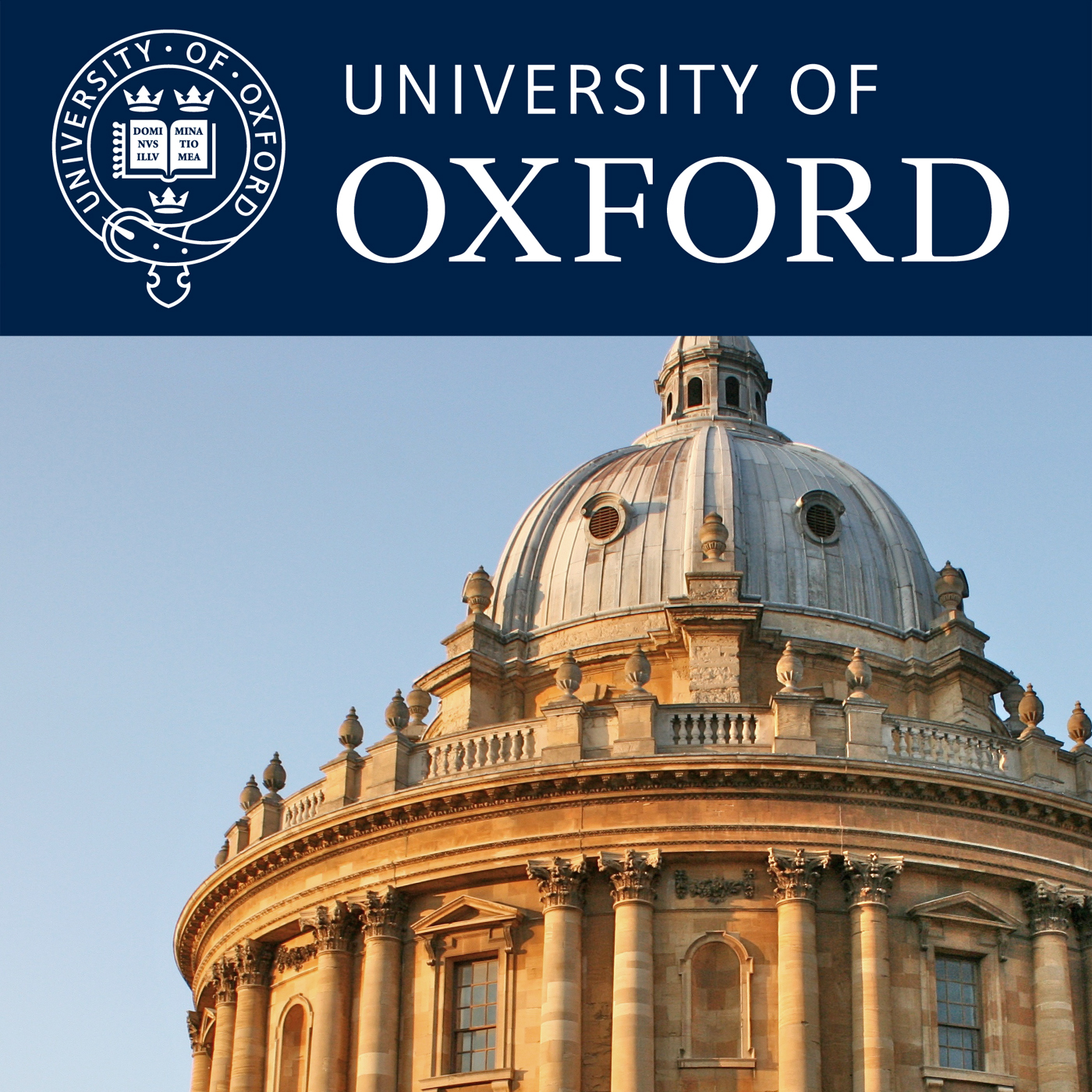MORU Biosafety Level 3 and melioidosis in Thailand
Description
Premjit Amornchai from our MORU unit in Bangkok, Thailand, tells us about her work as biosafety level 3 lab manager and microbioogy safety officer To prevent relapse or reinfection, melioidosis requires a specific and prolonged treatment. Melioidosis is endemic at least 45 countries, but greatly under-reported, with a microbiological culture required to confirm diagnosis. This can take 2-7 days. In Thailand, up to 40 percent of hospital admitted melioidosis patients die. Premjit works with MORU researchers who have produced a rapid diagnostic test that aims to improve both diagnosis and public awareness of melioidosis.
Microbiologist Premjit Amornchai heads MORU’s Bio-Safety Level (BSL) 3 Laboratory in Bangkok, Thailand. Safety is very important for Premjit. The BSL3 Lab handles several dangerous materials, most notably, Burkholderia pseudomallei, a highly pathogenic bacterium commonly found in soil and water in Southeast Asia and northern Australia. The pathogen causes the difficult to diagnose, deadly bacterial infection melioidosis. Creative Commons Attribution-Non-Commercial-Share Alike 2.0 UK: England & Wales; http://creativecommons.org/licenses/by-nc-sa/2.0/uk/
More Episodes
Published 12/08/23
Dr Janjira Thaipadungpanit from our MORU unit in Bangkok, Thailand, tells us about her research on molecular diagnosis and bacterial genotyping A molecular microbiologist, Dr Janjira’s research focusses on using bacterial typing based on genome to confirm which disease is present in a patient....
Published 04/12/17
Published 04/12/17


